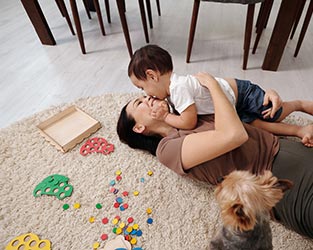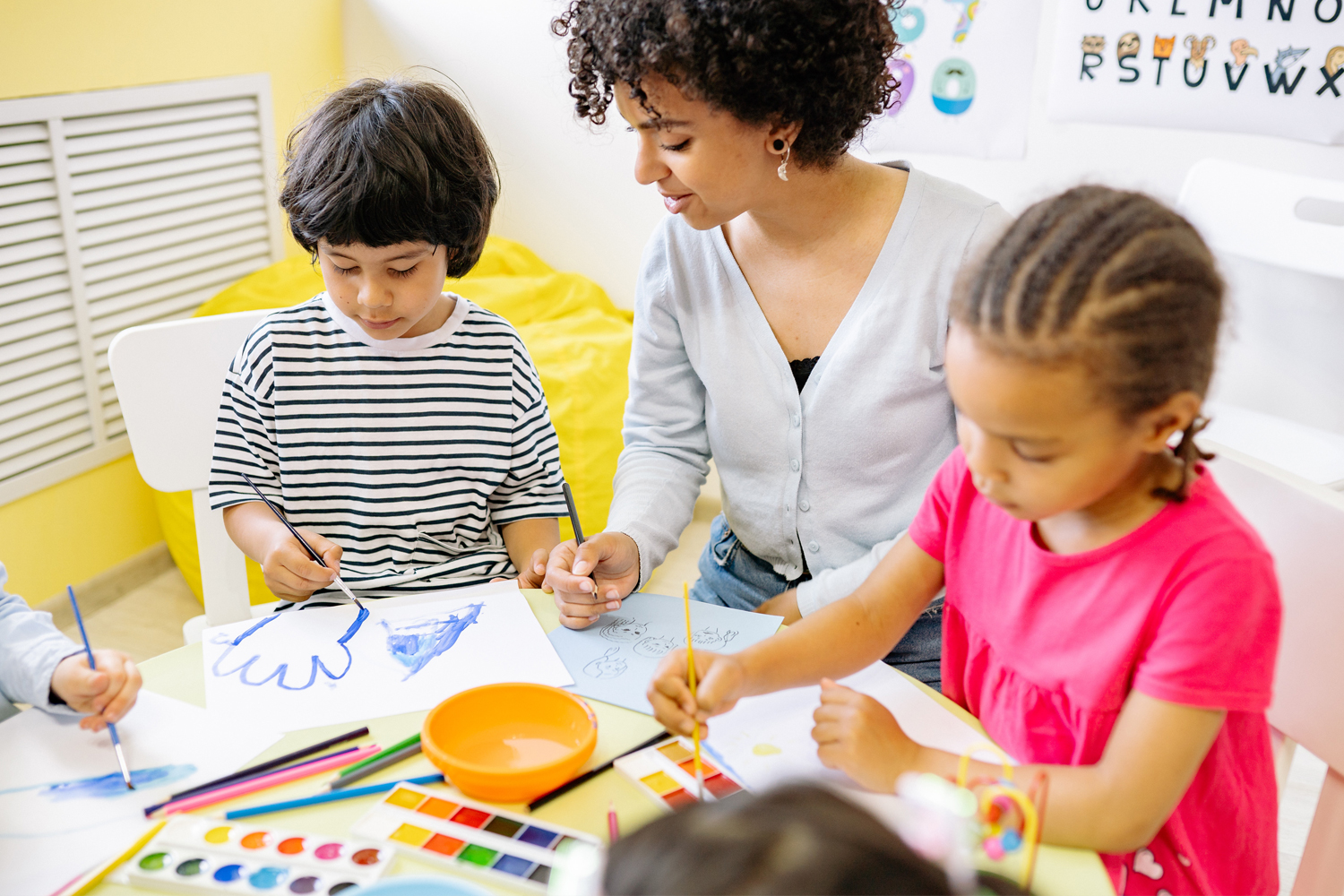Multilingualism: how does it affect the communication of children with neurodevelopmental disorders?
We want to empower parents and families to use their home language, and are happy to discuss with families the implications of their decision to pursue monolingualism or bilingualism.
What is the evidence to continue with multilingualism/ bilingualism?
Multilingualism has no negative effects on language learning across a range of neurodevelopmental disorders. The research shows that children with a variety of neurodevelopmental disorders, such as Down’s syndrome, attention deficit hyperactivity disorder, autism, and hearing impairment, can learn more than one language. Language development can be typical or delayed irrespective of the number of languages the child is exposed to.
Monolingual children with neurodevelopmental disorders usually begin to develop language skills at a slower pace and perhaps not to the same level as their typically developing peers. Similarly, bilingual children with neurodevelopmental disorders learn two languages relatively more slowly and perhaps not to the same level as their typically developing bilingual peers, but at similar levels to their monolingual peers given similar opportunities.

What are the implications of changing to monolingualism?
This is when families who have been using their own language at home switch to the majority language to help boost the child’s communicative abilities.
The research shows that this can potentially limit a child’s communication opportunities, as developing both languages would allow the child to take full advantage of previous experiences with language and to increase the opportunities to use language for meaningful interactions within the family and community. Consequently, reducing the number of languages that a bilingual child with a neurodevelopmental disorder is exposed to does not alleviate the language difficulties; it only creates a monolingual child who has a neurodevelopmental disorder.
Talk to your child’s Speech and Language Pathologist for further information or if you have any questions regarding this topic. For more information follow the below links:

Blue Bird Day fosters socialization, sensory regulation, and pre-academic learning in children ages 2-7 years in therapeutic rotations that simulate preschool and kindergarten settings. Our compassionate therapists practice a relationship-based and family-centered approach, provide parent training, and collaborate on goals and individualized intensive treatment plans for your child.
We believe in a collaborative and multi-disciplinary team approach to therapy. A team of occupational therapists, speech-language pathologists, dietitians, developmental therapists, behavioral therapists, physical therapists, and therapeutic assistants are created for each child to ensure child and family are fully supported and the best possible results are achieved.
Options for individualized, group and virtual therapy sessions are available as well.
Want to learn more or you have a specific question? Feel free to connect with us here!



